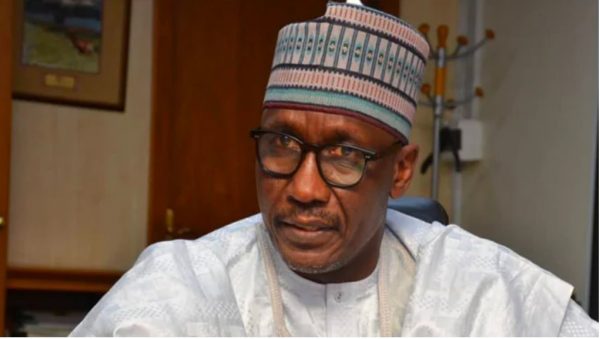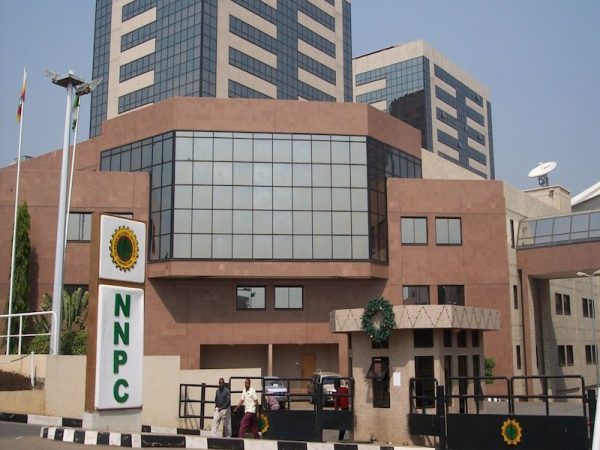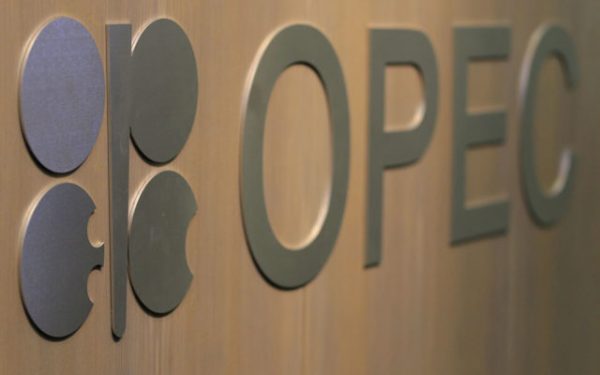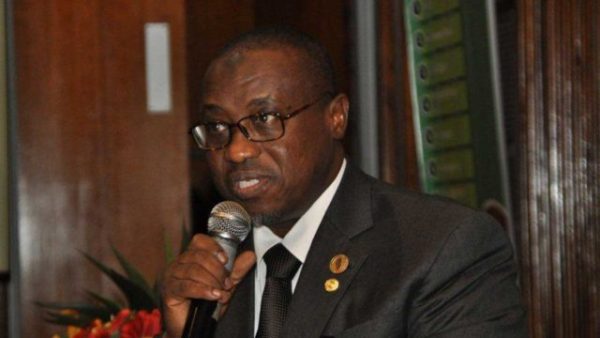Operators seek liberalisation of gas industry to check N800m/d flares
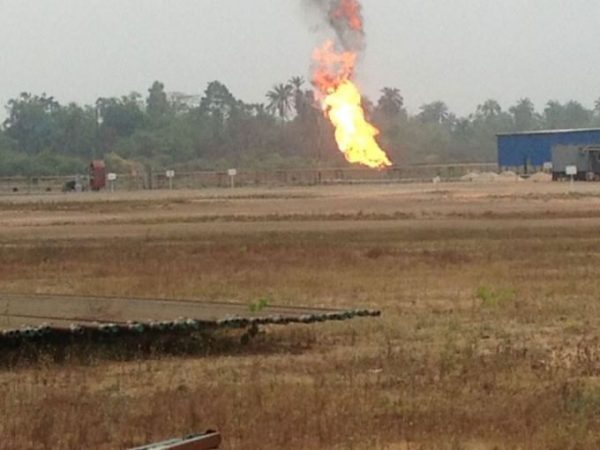
With no less than N800 million being recorded as daily loss to gas flaring, sector operators have called for a liberalised market and financial structures in the power sector.
The move, according to the operators, would form part of measures to aid domestic utilisation and encourage investments needed to fast-track deployment of infrastructure for the commodity.
Though the Federal Government is targeting 2021 as the year in which the gap in supply and demand will be substantially bridged, operators said government’s policy needs to focus on developing adequate infrastructure, providing enabling commercial terms, settling and preventing future debts related to gas and power supply, and improving the business environment.
They also said the current Domestic Supply Obligation (DSO) procedure that allocates arbitrary pricing on gas supplied by the upstream gas producers without considering the viability of such pricing does not work and is a disincentive to gas producers investing in the gas infrastructure required to utilise Nigeria’s vast gas reserves.
Likewise, imposing arbitrary end customer gas prices on downstream gas distribution companies without considering investment made to develop the gas distribution infrastructure and the cost of operating and maintaining the infrastructure will have a similarly damaging effect.
Similarly, with concerns raised by industrial firms and electricity users on gas pricing, the operators sought the segmentation of the market to address concerns of vulnerable consumers and also engender the transition to willing-buyer, willing-seller situation.
Speaking at the National Gas Association (NGA) 2019 Business Forum, held in Lagos, yesterday, stakeholders raised concerns about the untapped potential of the gas sector, despite opportunities inherent in the sector.
President of the Association, Mrs. Audrey Joe Ezigbo, noted that the gas sector can aid Nigeria’s diversification agenda if government is deliberate about the gas-to-power initiative, especially for industries.
But the Senior Special Assistant to the President on ERGP implementation (Power and Gas), Daniel Ikuenobe, noted that conversation is ongoing on the pricing of gas and sought collaboration with operators to address concerns in gas deployment for domestic use.
Chairman, Oil Producers Trade Section (OPTS), Paul McGrath, explained that gas provides a unique opportunity to provide steady, widely-available, cost-effective and generally affordable power to Nigerians, adding that a shift to gas-fuelled power generation would represent significant savings opportunities over sources such as diesel which is multiple times more expensive than gas at the current price of $2.5 /mmbtu.
“To realise the full benefits of gas as a catalyst for economic growth and diversification, several challenges across the entire gas value chain need to be resolved. These are; inadequate infrastructure along the value chain; regulated low prices; legacy debt related to gas and power supply and the challenging business environment.
“The development of Nigeria’s vast gas resources and strengthening of the gas value chain should be a national priority.”, he added.
The Group Executive Director, BUA Group, Kabiru Rabiu, represented by Abiodun Abe of BUA Steel, urged government to discourage the flaring of gas, considering the huge domestic demand in critical industries that can foster industrialisation.




